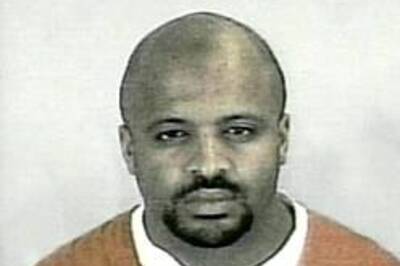
views
Washington: Republican and Democratic leaders on Tuesday blamed each other for the US Senate's delay in approving the landmark US-India nuclear cooperation agreement.
Despite overwhelming congressional support for the deal and a multimillion-dollar lobbying campaign by India and the US Chamber of Commerce, a bill making key changes in US law to let India buy nuclear reactors and fuel remains stymied, senators and other sources said.
While the Senate, due to adjourn at week's end, could take up the bill when it returns for a "lame duck" session after the November elections, other approvals are needed beyond that and likely will push the deal's final fate into 2007, they said.
Republican and Democratic leaders insisted in duelling press releases that their parties were firmly behind the deal, which would give India access to US nuclear technology for the first time in 30 years.
They pointed fingers at one other for the failure to act. Sen. Harry Reid of Nevada, leader of the minority Democrats, complained that as the Senate rushed to finish a heavy agenda before adjournment, Majority Leader Bill Frist of Tennessee "chose to bring 16 different legislative matters to the Senate floor rather than this important legislation, which is critical to the US-India relationship."
Frist, meanwhile, accused the Democrats of objecting to his proposal for how the bill would be handled on the floor. The House in July overwhelmingly approved the nuclear deal. It requires the rising South Asian power to forgo future nuclear testing and cooperate with the United States in curbing nuclear exports.
The Senate has not acted partly because of a jammed work schedule. Another complication is unrelated legislation attached to the Senate India bill.
It would formally have Washington implement a long-delayed commitment to expanded inspections of American civilian nuclear facilities by the International Atomic Energy Agency.
Initially, conservative Republican senators blocked action because of concerns the new inspections would give the United Nations-affiliated agency too much access to US facilities. They eventually agreed on modifications with Senate Foreign Relations Committee Chairman Richard Lugar of Indiana but the panel's senior Democrat, Sen. Joseph Biden of Delaware, has problems with one provision and is negotiating a possible change, Senate sources said.
The other major complication is the number of amendments that will be allowed to the India bill and to the amount of time the Senate will have for debate. Frist proposed about seven hours of debate with limited amendments being considered while Reid has said the debate should take more than a day and allow for many more amendments.
"I'm expecting the Senate will eventually debate and vote on this issue, probably after the election" but even so, this is "the first of several hurdles" before India gets access to US nuclear technology, said Daryl Kimball, head of the Arms Control Association and a leading opponent of the India deal.
Congress must separately approve a technical nuclear cooperation agreement over which the two sides have sharp differences and the 45-nation Nuclear Suppliers Group, which oversees nuclear exports and is divided over the India deal, must change its rules. Also, India must agree on inspection procedures with the IAEA.
















Comments
0 comment